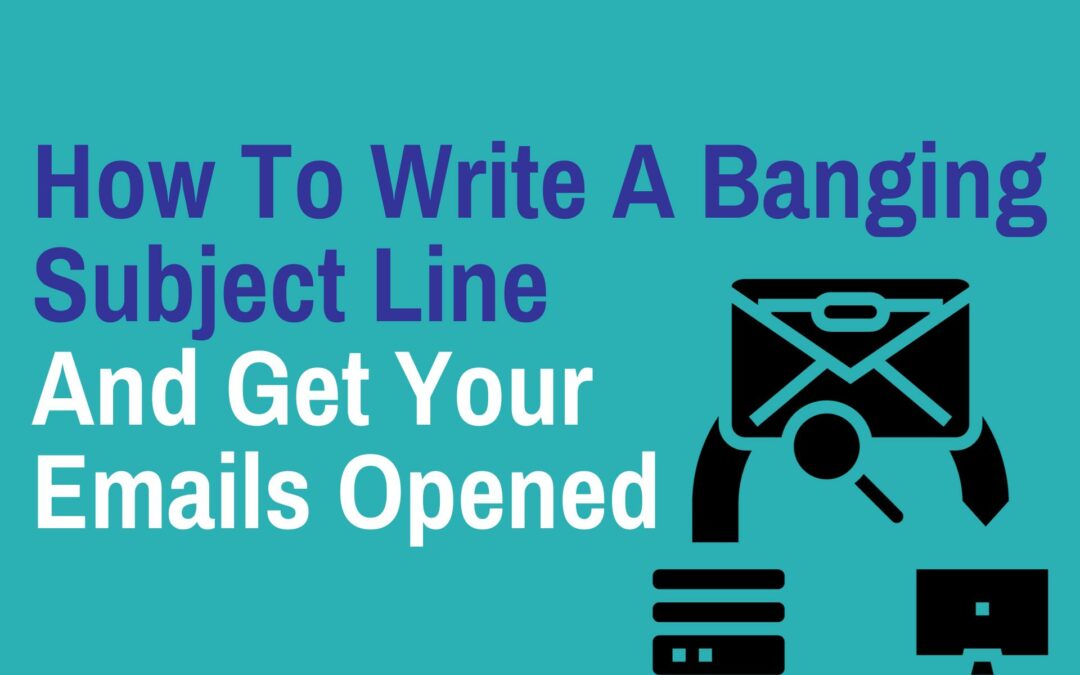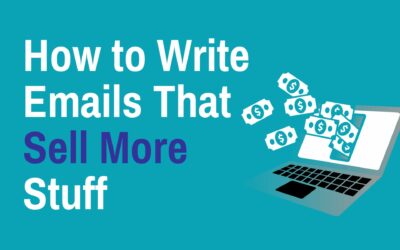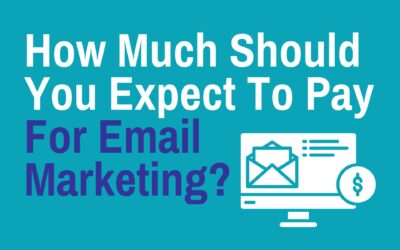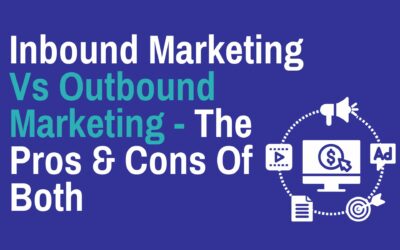People’s inboxes are extremely busy. You need to somehow make your email stand out amongst all the others before it gets dumped straight into the trash. Never to be seen again.
Only 13% of marketing emails actually get opened – a pretty depressing fact, I know. So ultimately, without a banging subject line, your email doesn’t have a chance.
So, let’s take a look at some techniques you can use to help write a great subject line that keeps those clients reading.
Bold Statements
One technique is to use a bold statement as the subject line.
Be controversial.
For example: No One Reads Your Emails!
When you make a statement like this, you will get two types of readers who open your email. Firstly, those who agree with your statement and want validation. Secondly, those who disagree with it and want to prove you wrong.
So don’t be scared! That’s two lots of readers that probably wouldn’t have opened your email at all were it not for your controversial statement.
Questions
We are conditioned to answer questions. When we see a question, the first thing we will do is look for an answer.
So by asking a question in a subject line, the reader will automatically try to look for that answer, which you would assume is in the body of the email. Therefore guaranteeing another email opened!
You need to make sure your question is open-ended. No ‘yes’ or ‘no’ answers. The whole point is to make your reader think. If the answer can be found as quickly as a yes or a no, you will not captivate their attention for long enough to get through that email!
Pain Points
Another great technique you can use is to tap into your readers’ pain points. If you’ve already identified those pain points (which you definitely should have), you can use these to make the reader feel heard.
For example: ‘Tired eyes?’ or ‘Not enough time in the day?’.
If you’ve pinpointed how that reader feels or their problem at that particular time, they’re likely to open your email. And remember, once you’ve got them to open the email, half your hard work is already done.
Dreams
As an alternative to tapping into your readers’ pain points, you can tap into their dreams. Basically turning those pain points around to look at the positive outcome you could potentially get.
For example: ‘Have more time in the day to do the things you love…’
This works in the same way by trying to pinpoint what your reader may be wishing/hoping for so they feel like that email has been written personally for them.
Keep Them Reading
No matter which technique you choose for your subject line, you need to keep it short, snappy and concise.
If you ever find yourself tempted to use the generic ‘[Name] Here’s your monthly newsletter’… STOP. Do not pass go and do not collect £200!
That email will go directly to the trash, without passing your readers’ eyes or collecting any potential customers along the way.
A generic subject line will not work; be inventive and make it count.
For further hints on what NOT to do when using email marketing, grab another cuppa and read my blog: 3 Types of Email Marketing That Just Don’t Work
Want to know more? Book a FREE Discovery Call for help getting those emails opened rather than trashed.
FREE EMAIL MARKETING
CHEAT SHEET

Read More Like This…
How to Write Emails That Sell More Stuff
What are you doing to sell your services or products? You have a shiny, modern website, right? It has an up-to-date shop with a great user experience? And you have regular blogs going up that are engaging and filled with SEO? That’s great. What about emails? I saw you...
How Much Should You Expect To Pay For Email Marketing?
Everyone likes a low-cost, high-return purchase. And that’s why marketing consultants are quick to sell you on the multitude of benefits of email marketing! It’s short, requires very little technical knowledge to get set up and can improve your customer retention like...
Inbound Marketing Vs Outbound Marketing – The Pros & Cons Of Both
Let’s be honest - the ‘Skip Ad’ button is one of the best things since sliced bread. Over time, marketers have learned that people don’t always like to be interrupted. Sometimes, you just want to watch your damn video! That’s how the ‘inbound marketing vs outbound...





